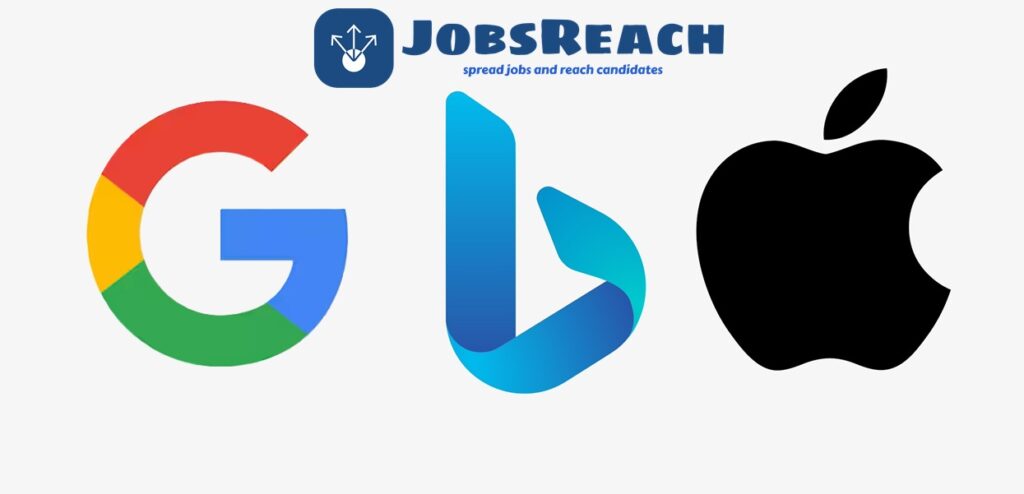Google reportedly paid Apple around $20 billion in 2022 to secure its position as the default search engine on Apple devices, emphasizing the high stakes in the search engine market. Similarly, Microsoft has made significant investments in Bing, with CEO Satya Nadella revealing that the company has spent approximately $100 billion to enhance its capabilities and compete with established players like Google.
OpenAI has entered the race with SearchGPT, an AI-powered search engine integrated into ChatGPT, marking a strategic effort to challenge traditional search paradigms and offer an innovative alternative to dominant platforms. Meanwhile, nations like China and Russia have prioritized the development of their own search engines such as Baidu and Yandex to serve domestic needs and reduce reliance on foreign technology.

The competition in the search engine space stems from its vast economic potential, control over information, technological innovation, and strategic importance, making it a critical arena for both companies and countries.
What drives companies and nations to compete for dominance in the search engine industry?
Revenue Potential
Search engines generate massive revenues through advertising. Google’s business model, for instance, heavily relies on search-based advertising, contributing the bulk of its $280 billion annual revenue (as of 2022). Competitors like Microsoft and OpenAI see search as a lucrative opportunity to capture advertising market share.
Control Over Information
Search engines serve as gateways to information. Dominating this space provides significant control over the dissemination of knowledge, public opinion, and trends. Governments like China and Russia prioritize developing domestic search engines to safeguard their sovereignty and control the narrative in their regions.
Technological Leadership
Search is a frontier for cutting-edge AI and machine learning technologies. Companies like OpenAI aim to innovate with AI-powered search to challenge the traditional keyword-based approach and revolutionize how people find information.
Data Collection
Search engines are invaluable sources of data on user behavior, preferences, and needs. Access to such data enables companies to refine their algorithms, improve their services, and develop more effective advertising models.
Strategic Positioning
Having a strong presence in search engines aligns companies as central players in the digital economy. Microsoft’s investment in Bing is a strategic move to increase its competitiveness against Google and to integrate AI features into its products, creating an ecosystem advantage.
Localization and Independence
Countries like China and Russia have developed search engines like Baidu and Yandex to localize content and reduce reliance on foreign technology. This approach aligns with their broader goals of digital sovereignty and national security.
Expanding Ecosystems
Companies are embedding search into broader ecosystems. Google integrates search with Android and Chrome, Apple leverages it in iOS and macOS, and Microsoft combines Bing with its enterprise products and AI advancements. These integrations create a seamless user experience, driving customer loyalty.
LinkedIn and Job Boards – Dominating the Professional Landscape and Generating Revenue
LinkedIn has become a key player in the professional network space, combining social networking with career development. It generates revenue through talent solutions, advertising, and premium subscriptions. In 2023, LinkedIn’s revenue surpassed $15 billion.
Job boards like Indeed and ZipRecruiter are also dominating the market, offering platforms for employers to post job listings and attracting candidates. These platforms earn revenue through job postings and ads, with Indeed adopting a pay-per-application model.

This dual dominance of LinkedIn and specialized job boards in the professional database space has transformed the industry into a lucrative revenue generator, driven by premium subscriptions, advertising, and corporate partnerships.
JobsReach – Revolutionizing Job Search by Focusing on Industry-Specific Opportunities
While LinkedIn and job boards like Indeed dominate the professional networking space, they often rely on vast resource databases and email alerts, which can lead to irrelevant or incomplete job opportunities. JobsReach differentiates itself by focusing on specific industries like Aviation, Healthcare, and Technology, creating dedicated platforms that cater to the unique needs of professionals in these sectors.

JobsReach understands the nuances of these industries and offers a space where professionals can stay updated on industry trends and job opportunities. Unlike the broad approach of other platforms, JobsReach promotes relevant job openings to a targeted audience through major social media channels, ensuring that both active and passive job seekers are informed as soon as opportunities arise.
This approach eliminates the frustration of irrelevant job searches and offers a stress-free way for professionals to discover career opportunities. By directly connecting employers with the right candidates in a focused environment, JobsReach helps save recruitment costs and simplifies the hiring process. This creates a win-win for both job seekers and employers, offering a more efficient, industry-specific platform for career growth.
Competition in Search Engines and Job Search Platforms
The competition in both the search engine and job search markets is intense, driven by the need for revenue, innovation, and control over information. Search giants like Google dominate with vast resource databases, while newer players like OpenAI introduce AI-driven alternatives. Similarly, job boards like LinkedIn and Indeed focus on broad audiences but often fall short in delivering relevant opportunities.
JobsReach stands out by targeting specific industries like Aviation, Healthcare, and Technology, providing professionals with timely, relevant job listings. By offering a more focused and efficient job search experience, JobsReach is reshaping the industry, proving that in both sectors, success lies in offering value and relevance to users.
Leave a Reply